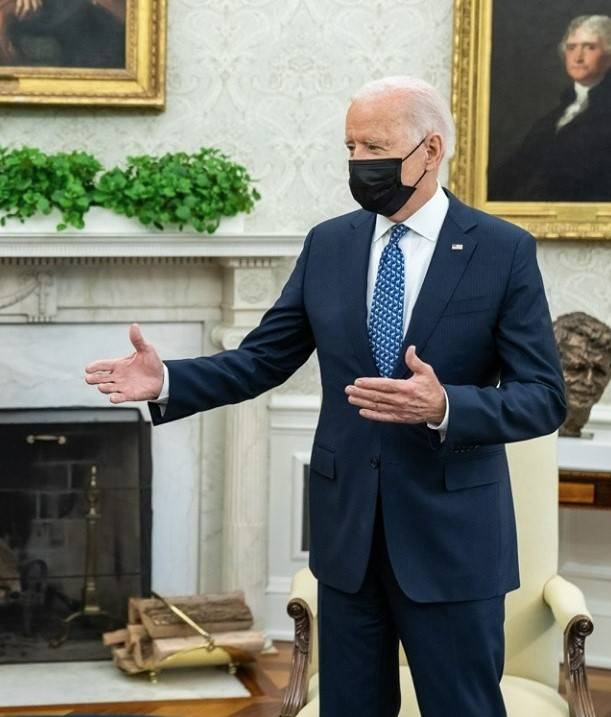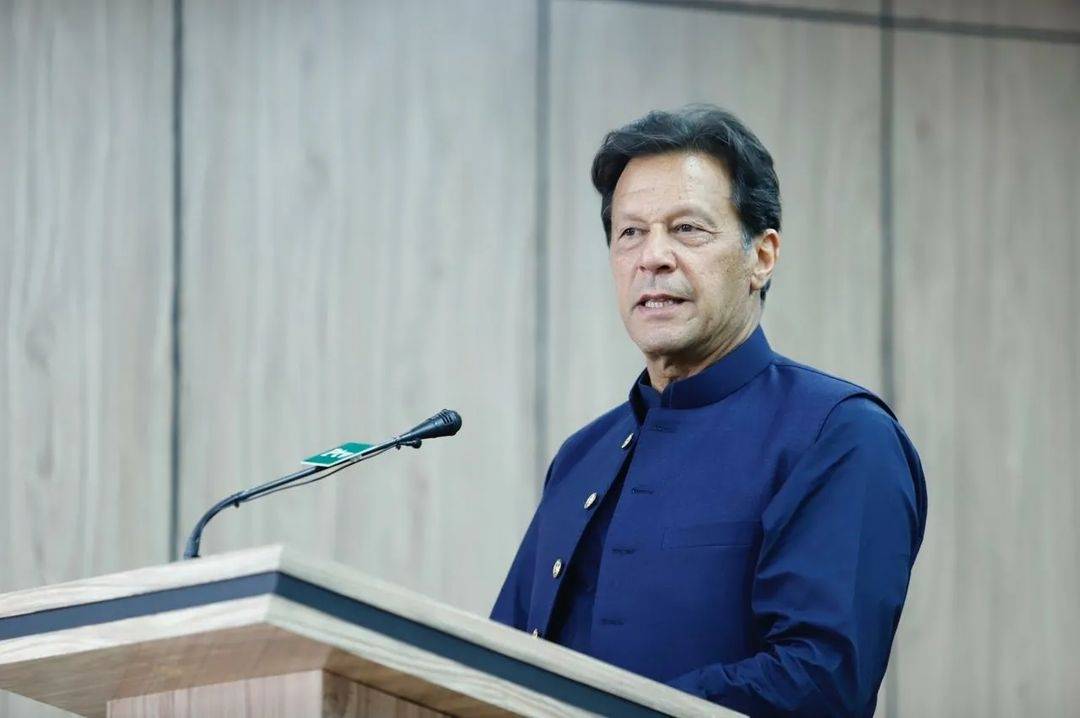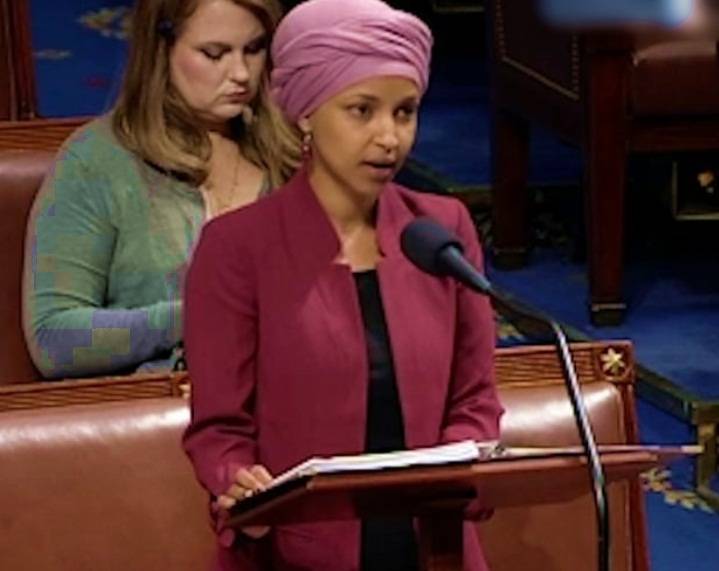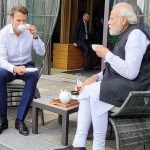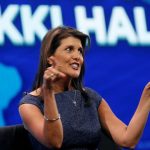Biden arrives Saturday in Germany for the G7 summit of major Western powers, followed next week by the NATO military alliance summit in Madrid…reports Asian Lite News
Leader of the free world sounds like a superhero character, but the Joe Biden heading this week to twin European summits is in reality a politically fragile president tasked, somehow, with resolving an unenviable string of diplomatic problems.
Biden arrives Saturday in Germany for the G7 summit of major Western powers, followed next week by the NATO military alliance summit in Madrid.
Both sessions will take place in the shadow of Russia’s Ukraine invasion, but also a global surge in inflation, fears of recession, and the ever-growing challenge of containing China while avoiding open conflict.
For sure, Biden will tout the success of a monumental effort to rally the West and breathe new life into NATO — a “high water mark in transatlantic solidarity in the post-Cold War period,” according to a senior US official.
But the less flattering picture is one of a 79-year-old politician whose approval rating at home has plummeted below 40 percent and whose Democratic party seems likely to lose control of Congress this November, giving way to vengeful Republican opponents.
As Donald Trump — who spent four years in the White House shredding American alliances — prepares his own possible revenge match in the 2024 presidential election, Biden is the first to admit that not all view the United States with confidence.
“I travel the world trying to put things back together,” Biden told an audience of trade union members this month, and “no matter where I go… they look at me and I say — I say, ‘America is back,’ and they look and me and they say: ‘For how long?’“
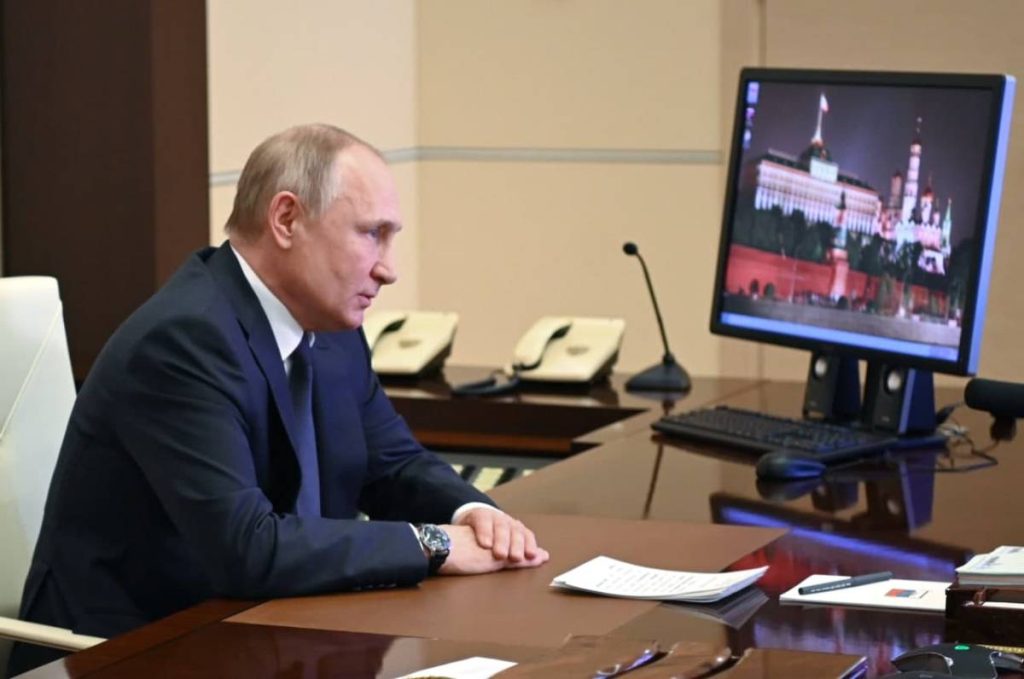
Inflection point
Biden refers to his presidency as an inflection point in a battle for the survival of Western democracy against the likes of Russian President Vladimir Putin, as well as against internal attacks, like Trump’s attempt to overturn the 2020 election.
A big part of that campaign is rebuilding alliances and restoring the traditional US role as a first among equals — in contrast to Trump’s policy of treating all countries as bitter rivals.
Both in Germany and Spain, Biden will be able to showcase considerable success, especially concerning the response to Russia’s onslaught in Ukraine.
“He came into office with the express purpose of revitalizing and reinforcing our allies, our alliances and our partnerships around the world and that’s exactly what he’s done,” John Kirby, a White House spokesman, said.
“He has been unafraid to use the convening power of the United States which is still ample, still relevant, still viable. The free world has demonstrated incredible unity.”
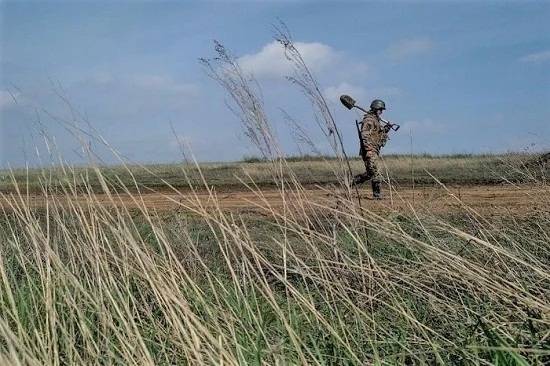
Multilateral leadership needed
But for all the self-congratulations likely to emanate from Bavaria and Madrid, the Western partners face increasingly tricky blowback from their own sanctions on Russia.
Their coordinated attempt to shut down Russia’s economy and cripple the ruble has clearly not worked so far, while spiraling energy costs are instead exacting a political price on leaders like Biden at home.
A US official said the G7 will “roll out” yet more measures to “increase pressure” on Moscow. But there will also be a parallel question for leaders to ponder.
“How do we maximize pain on Putin’s regime? How do we minimize spill-backs back to the rest of the world? And I think that’s exactly how the discussion around energy markets and energy market challenges will get framed,” the official told AFP.
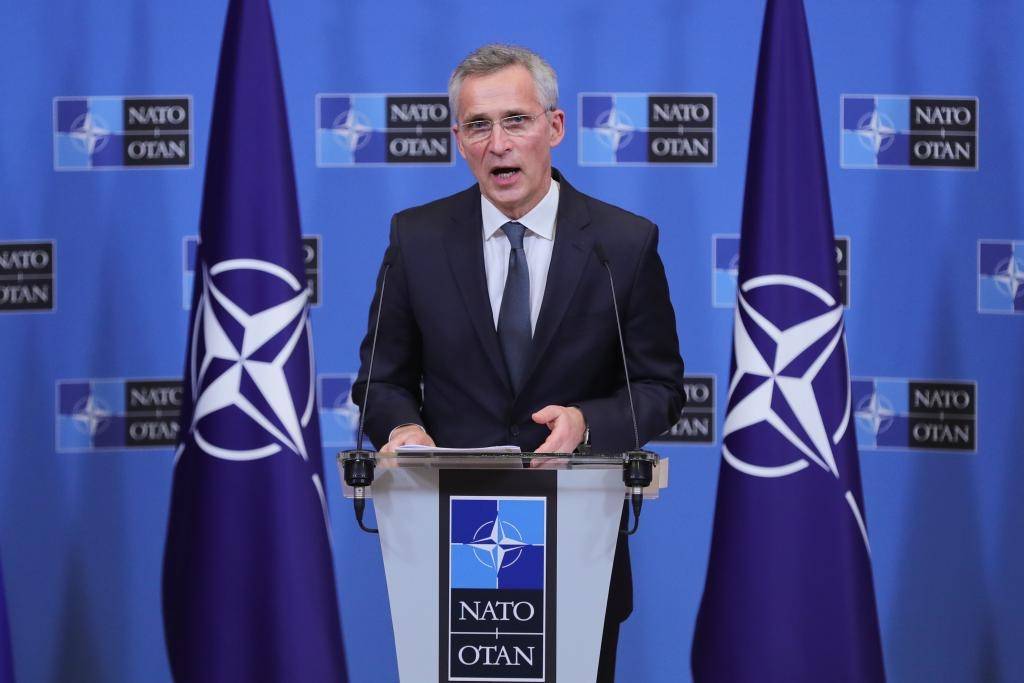
Amid warnings of Ukraine fatigue setting in across Western capitals, Biden says the transatlantic coalition has to tough it out.
“At some point, this is going to be a bit of a waiting game: what the Russians can sustain and what Europe is going to be prepared to sustain. That’s one of the things we’re going to be speaking in Spain about,” he said.
If that’s going to happen — and if the West is going to stick together through the growing threat of global recession — then much may depend on Biden.
“Leadership matters a lot here,” Kirby said.
“Multilateral leadership matters a lot — because this isn’t just affecting the United States, it’s affecting the whole world.”


